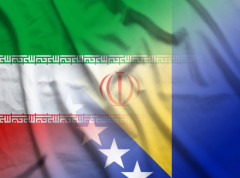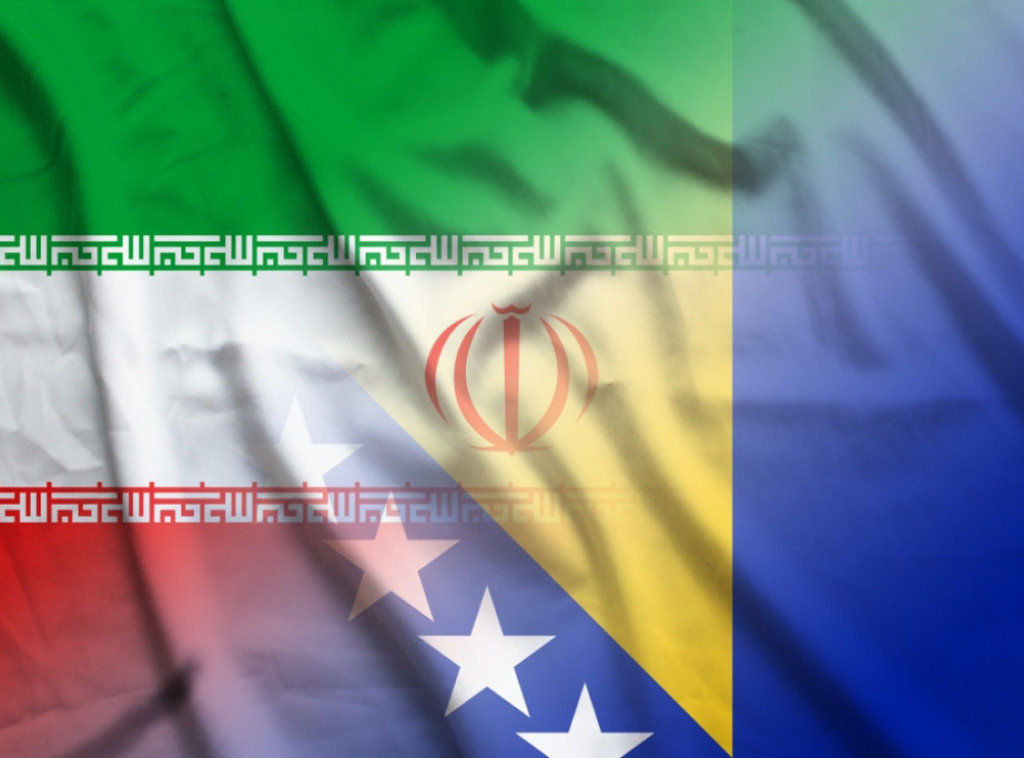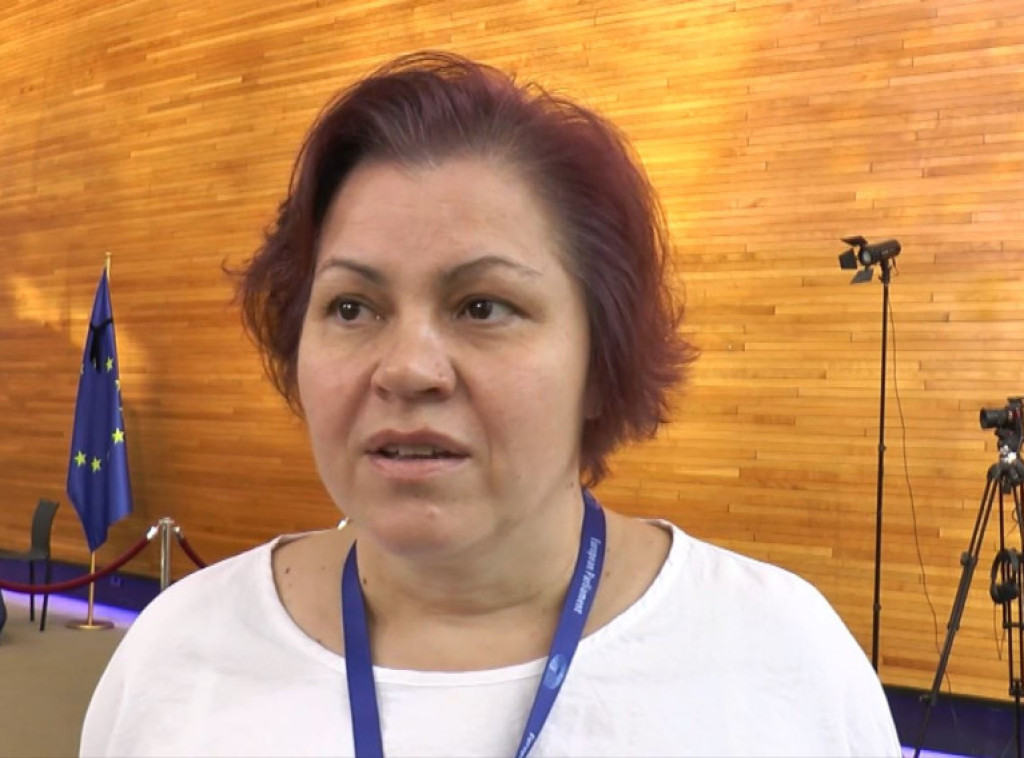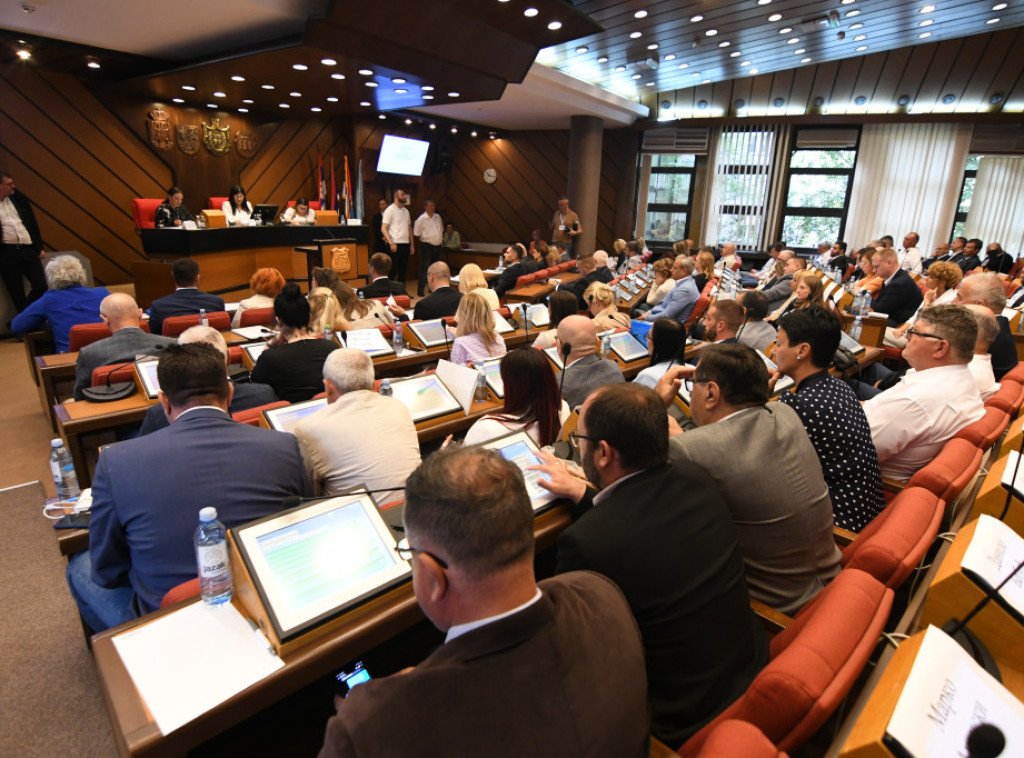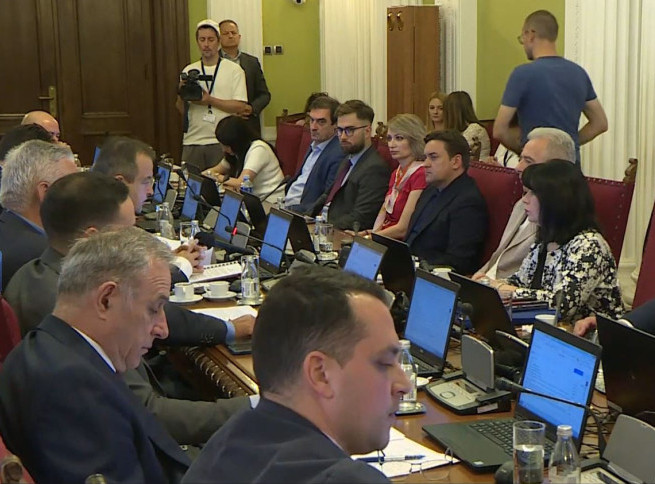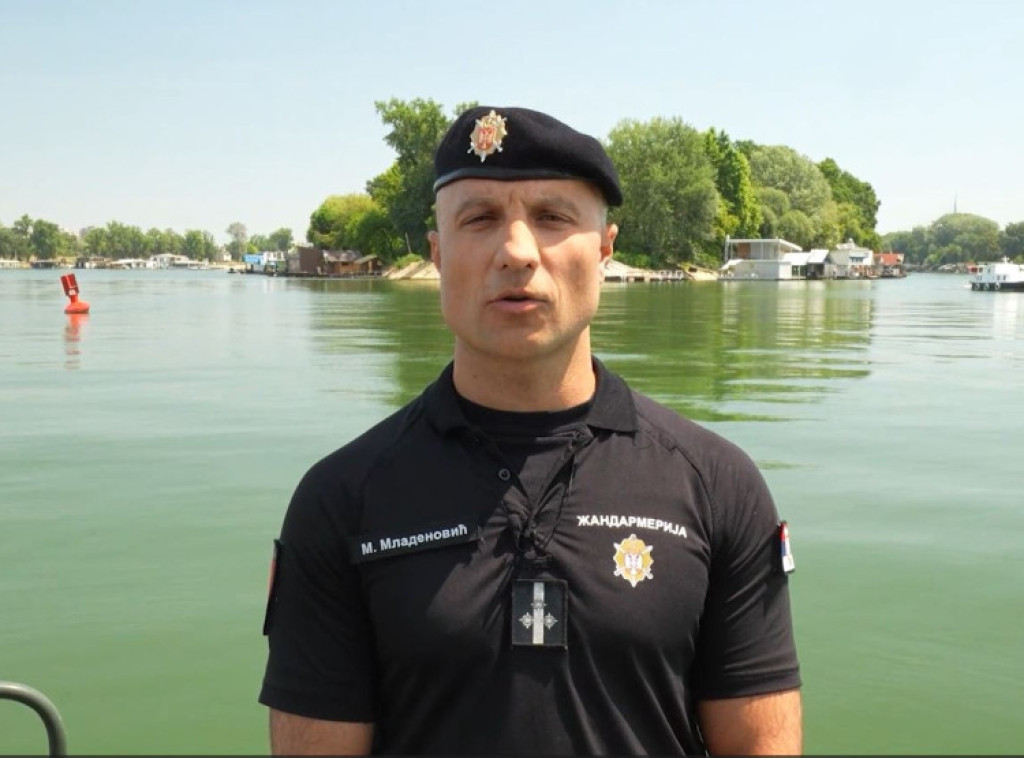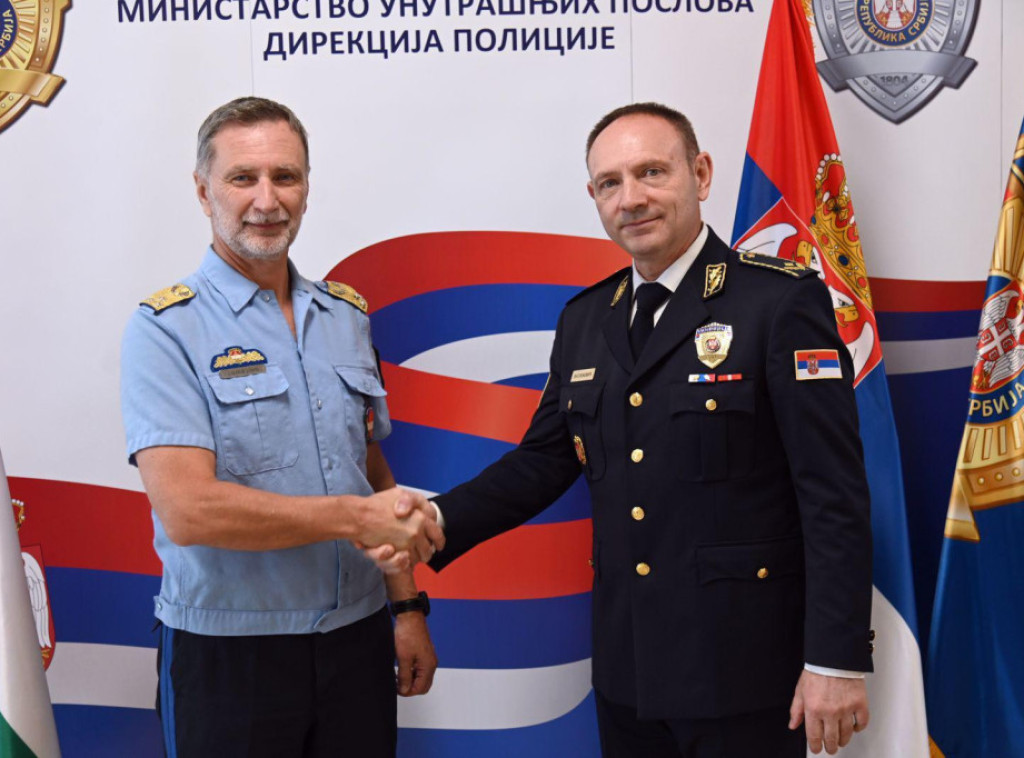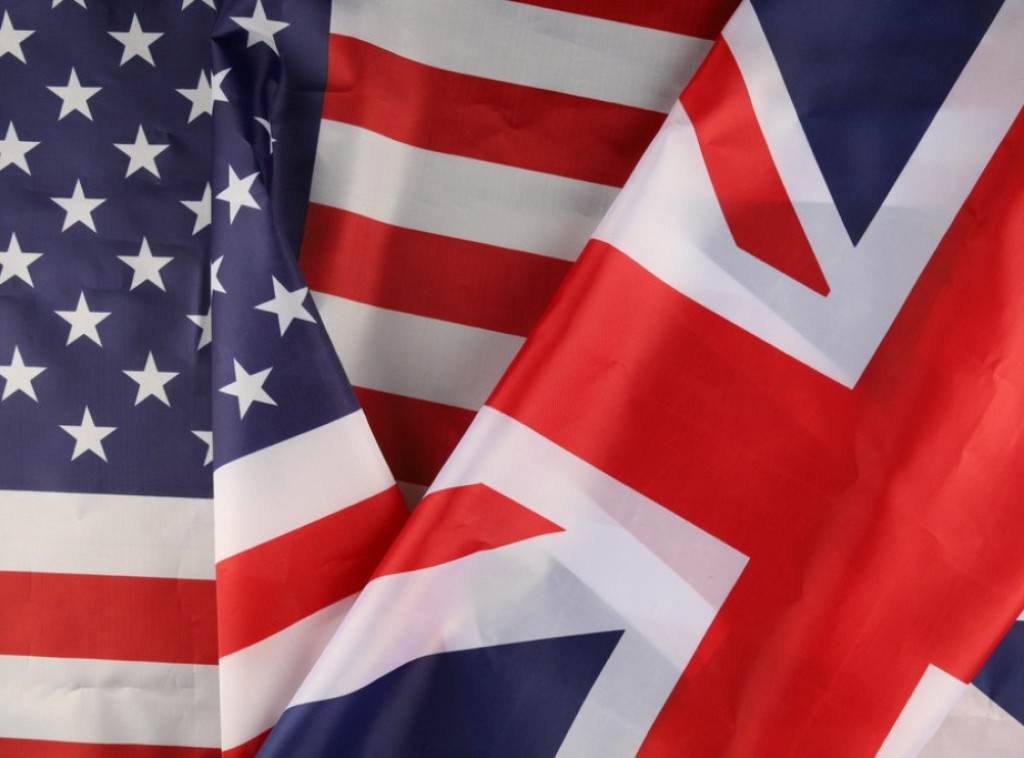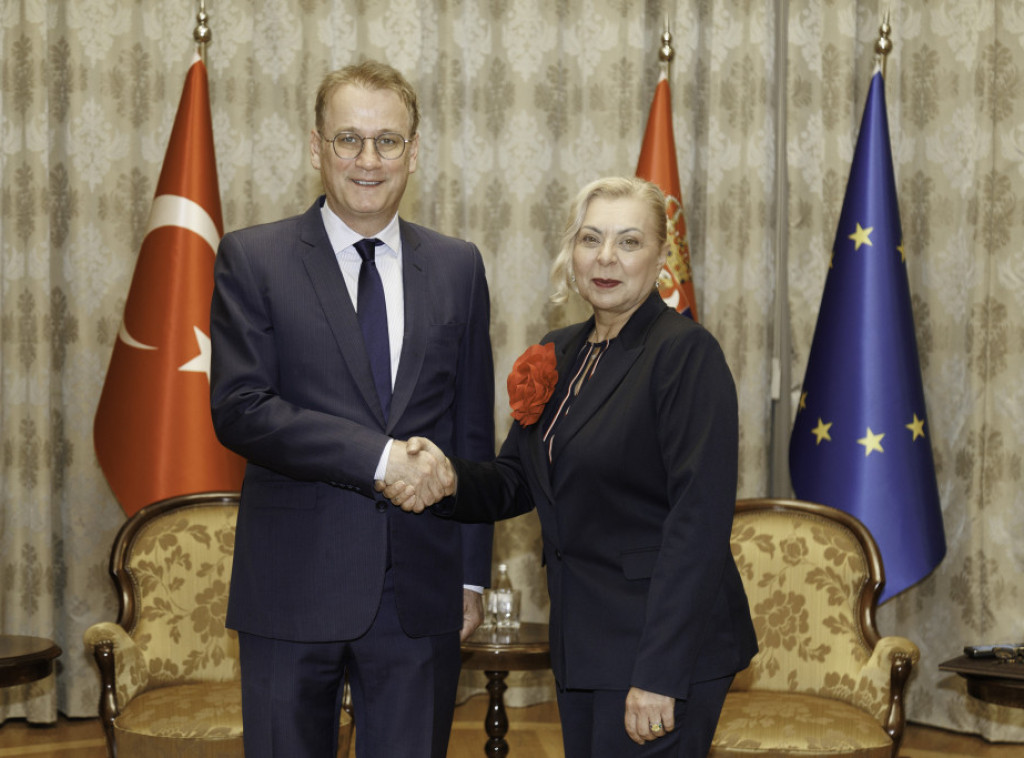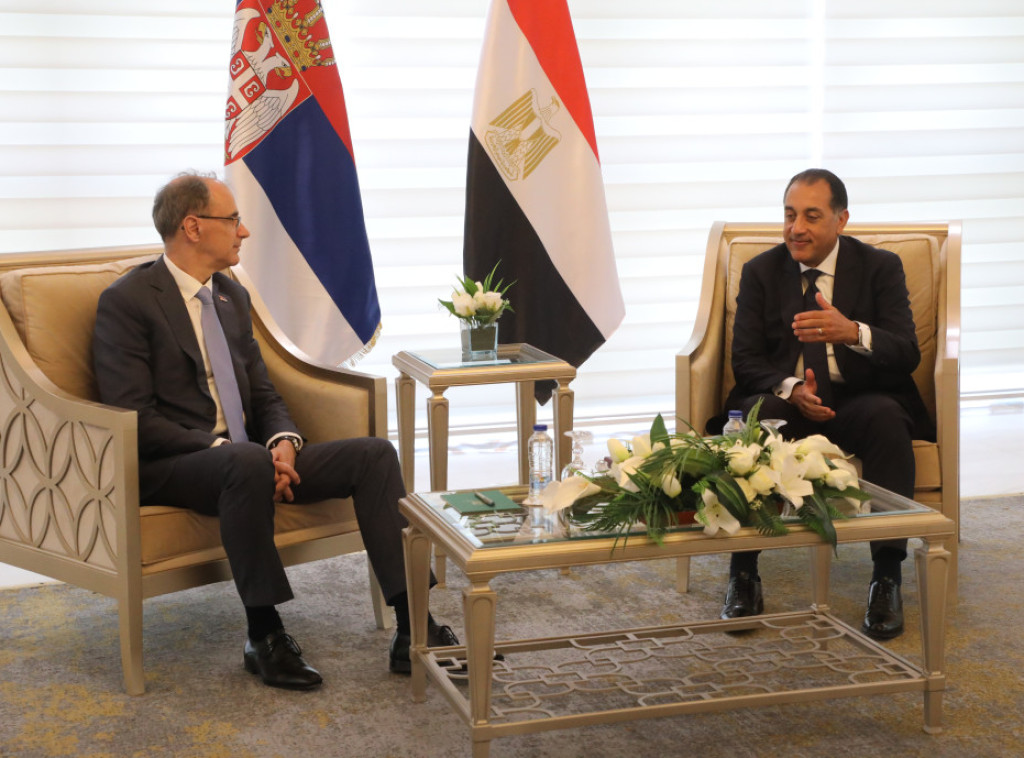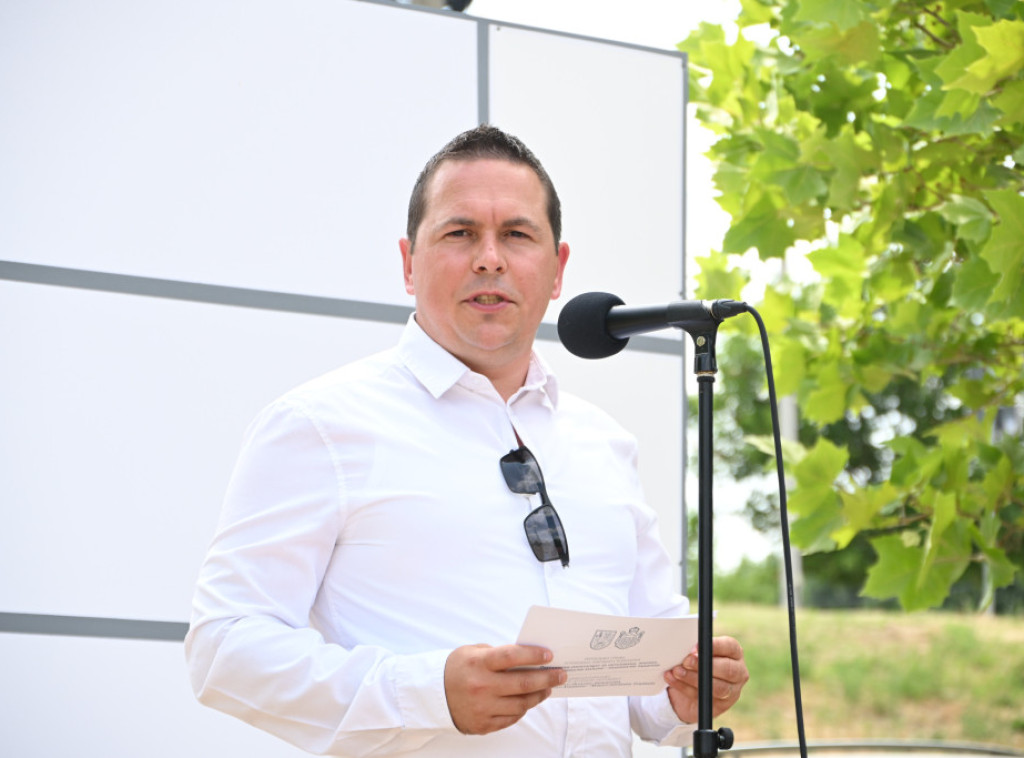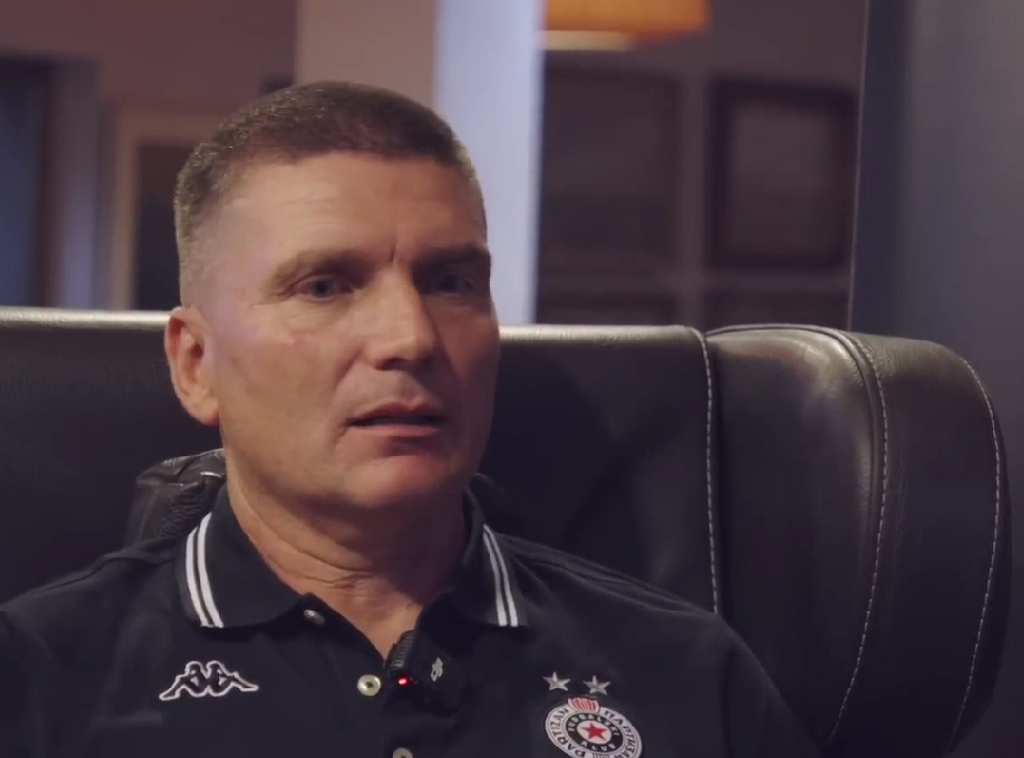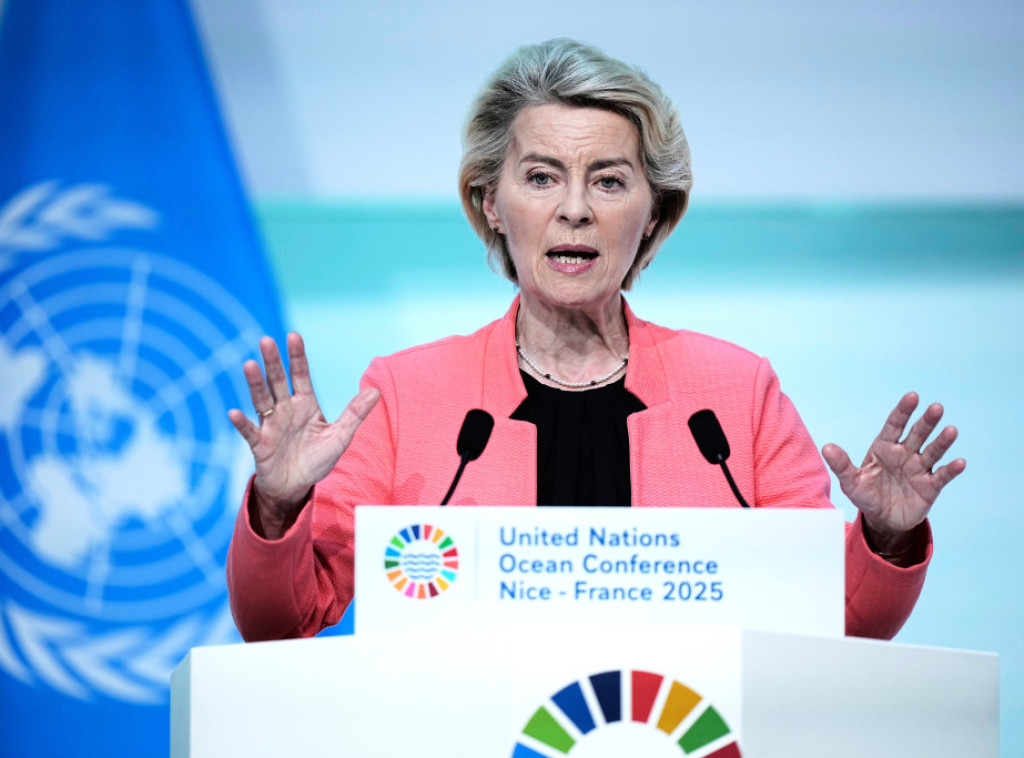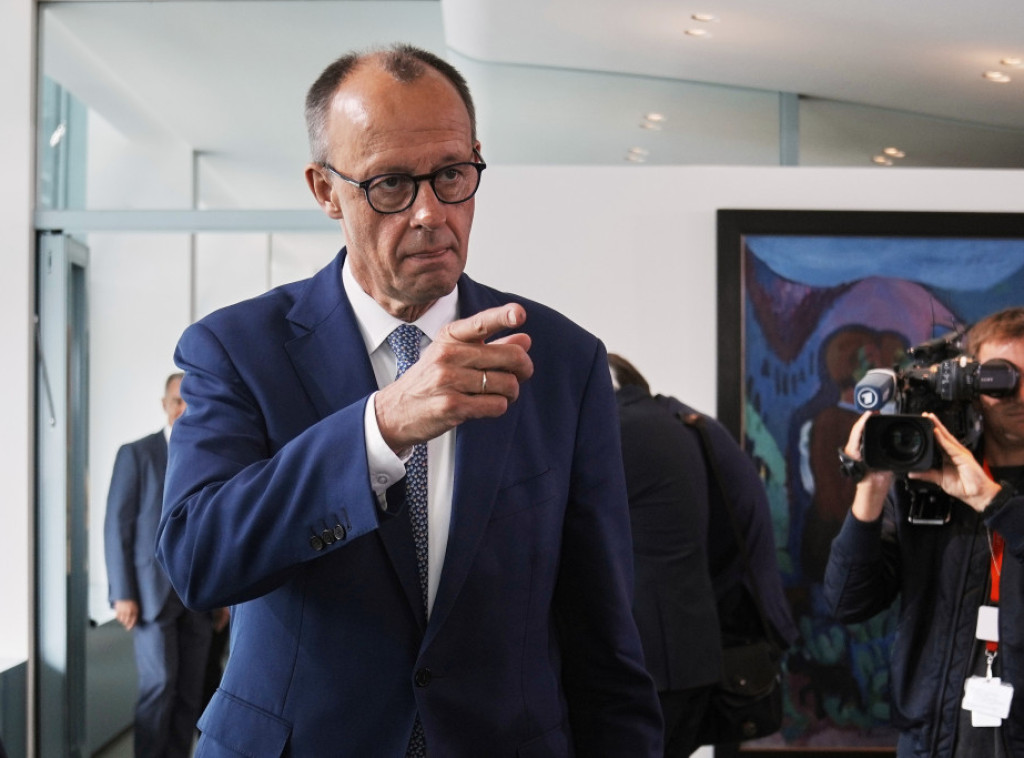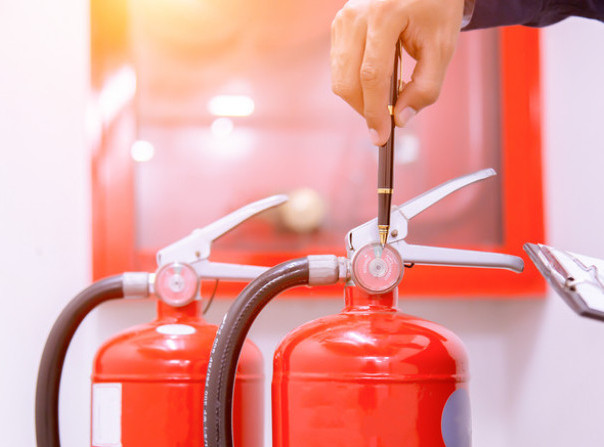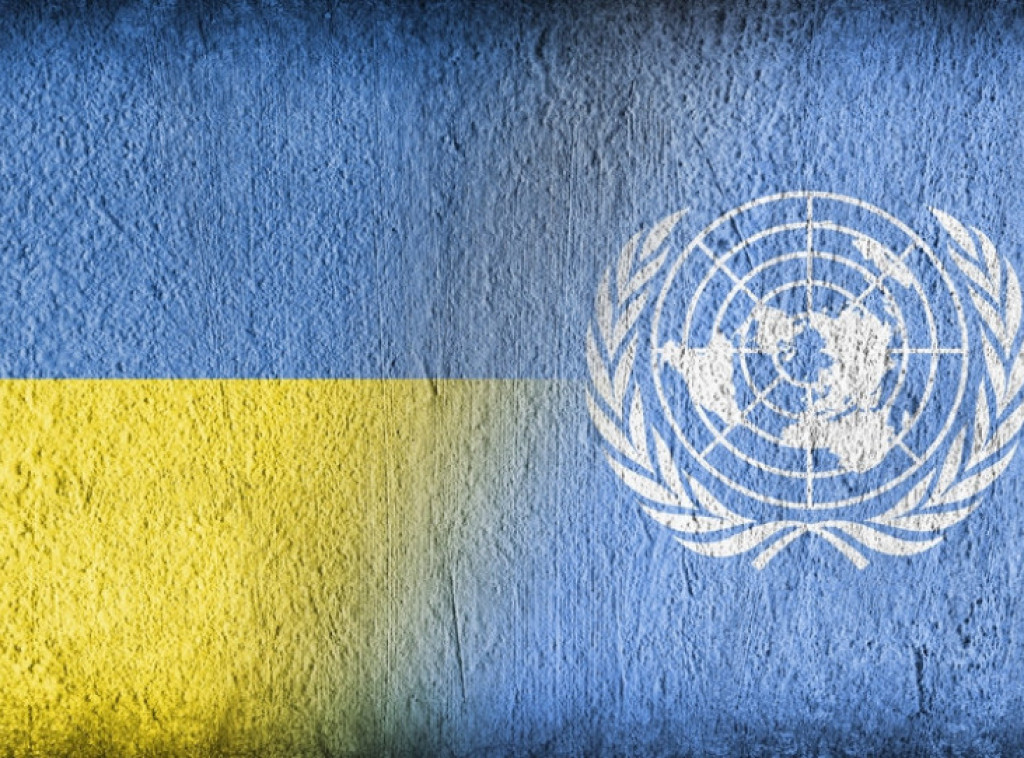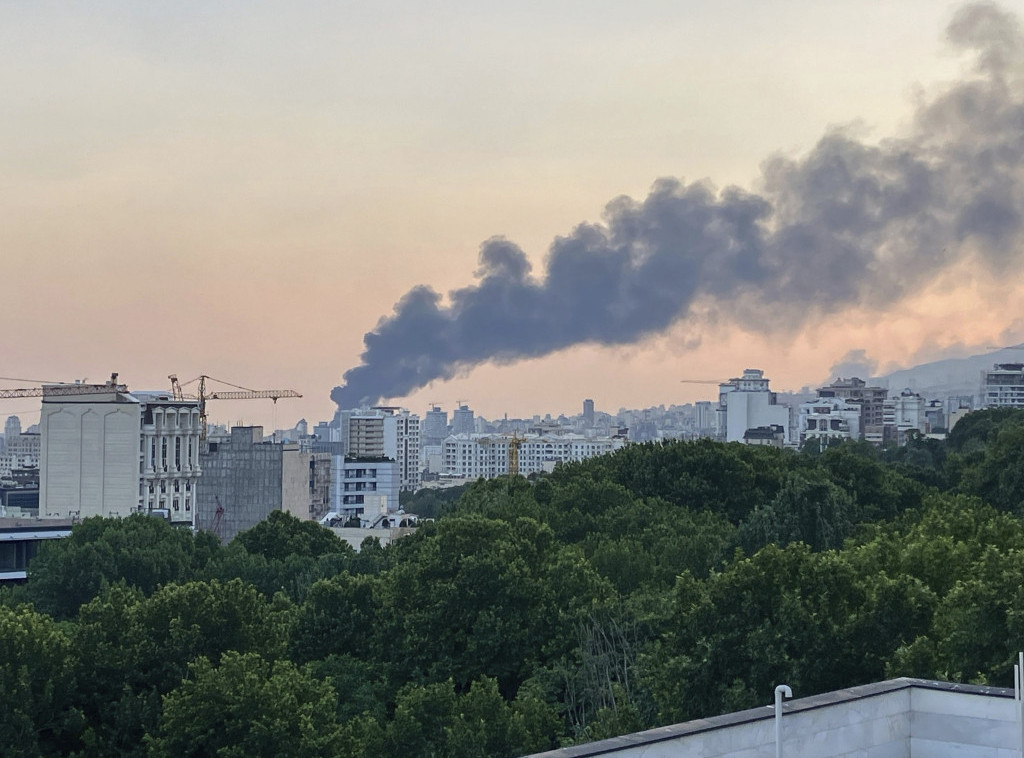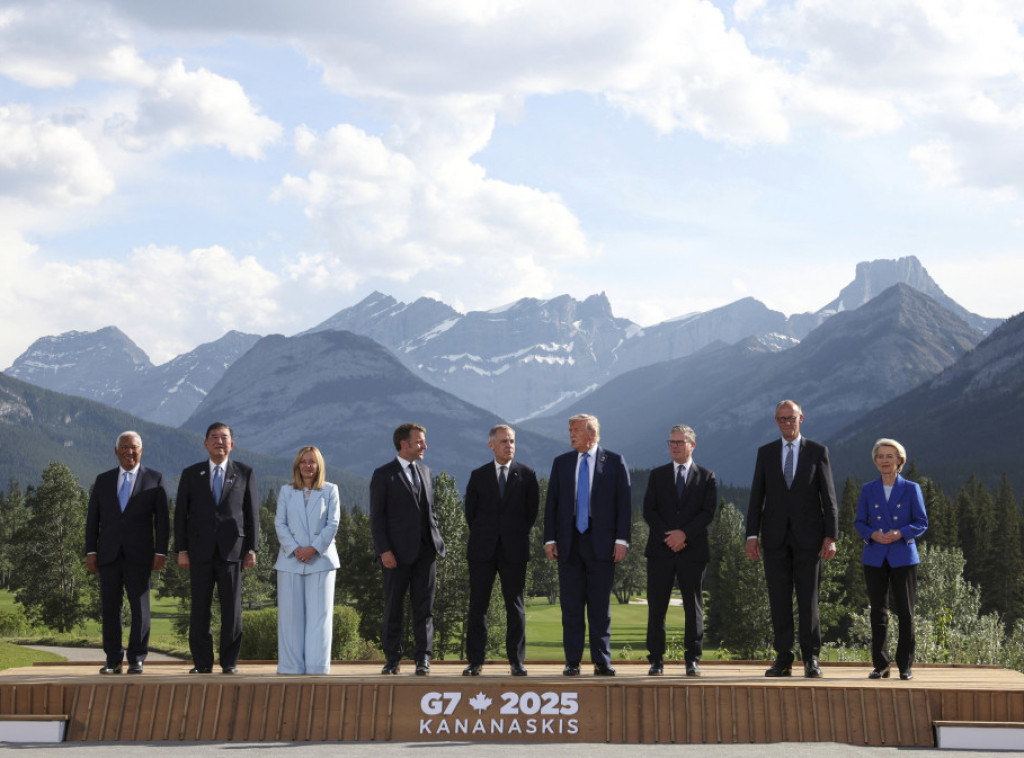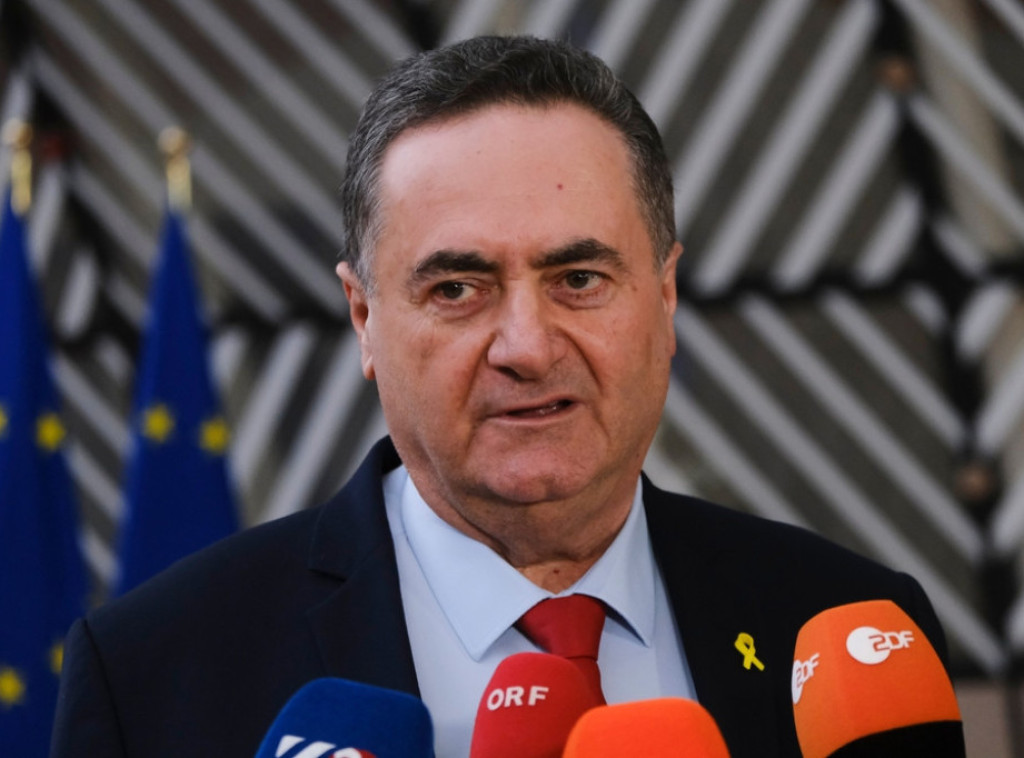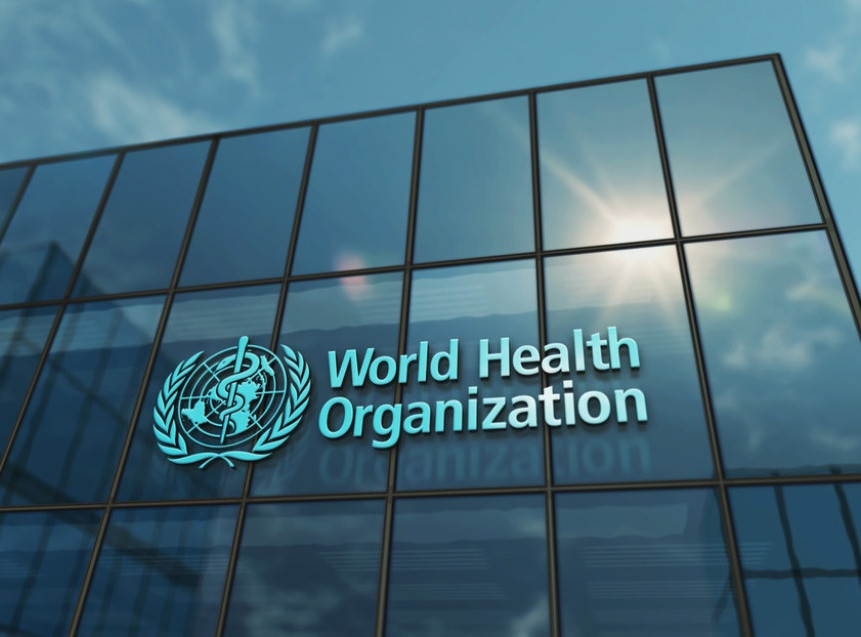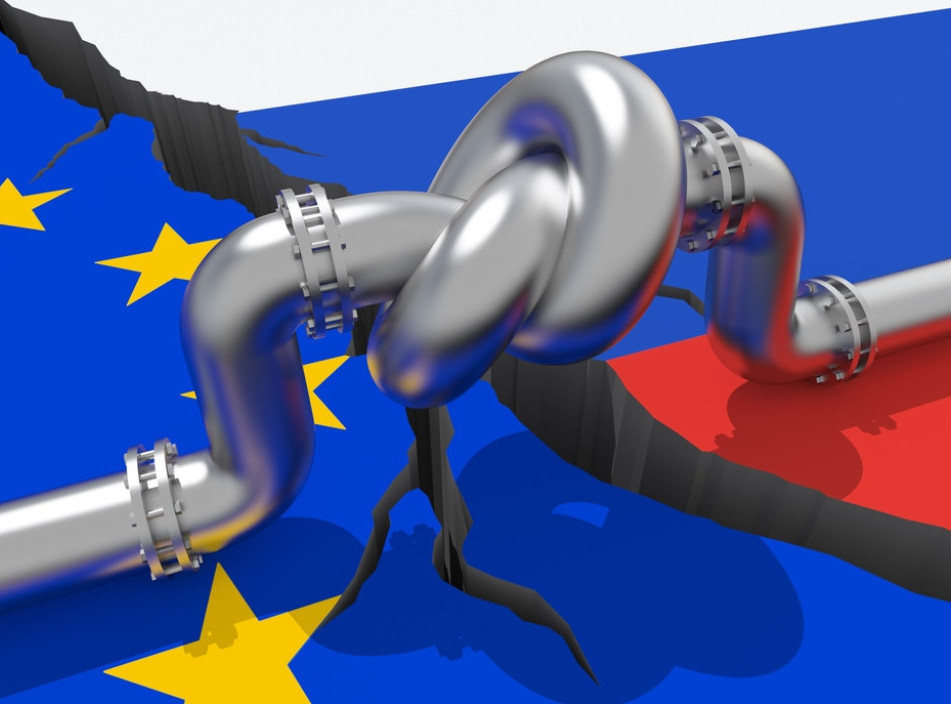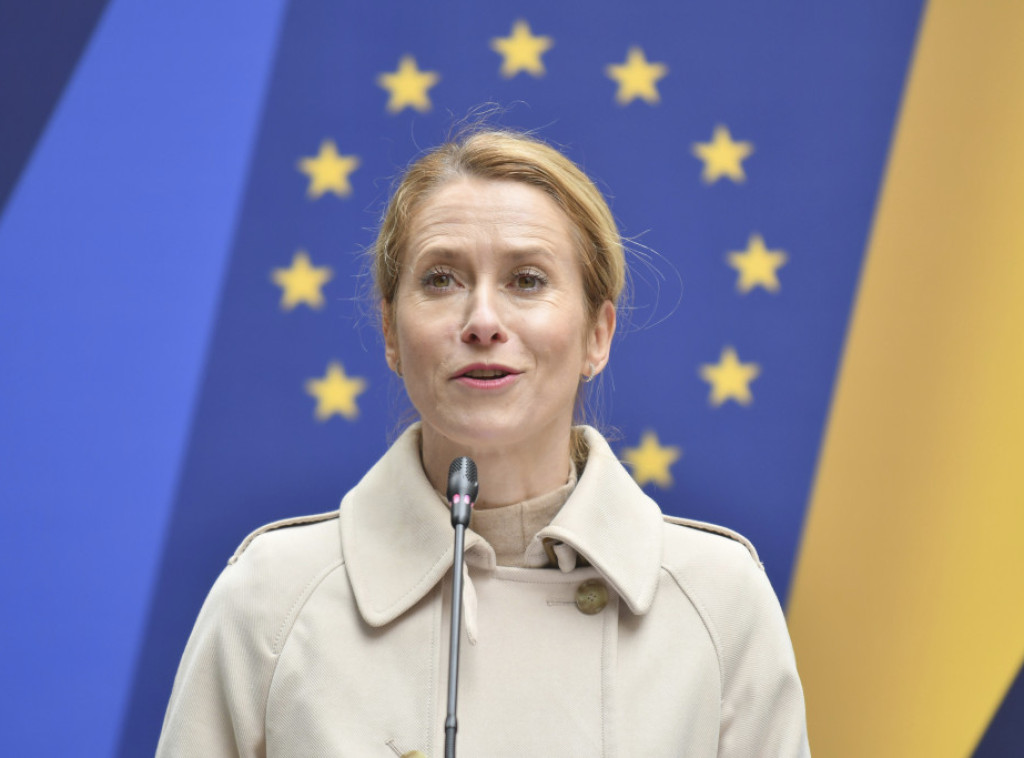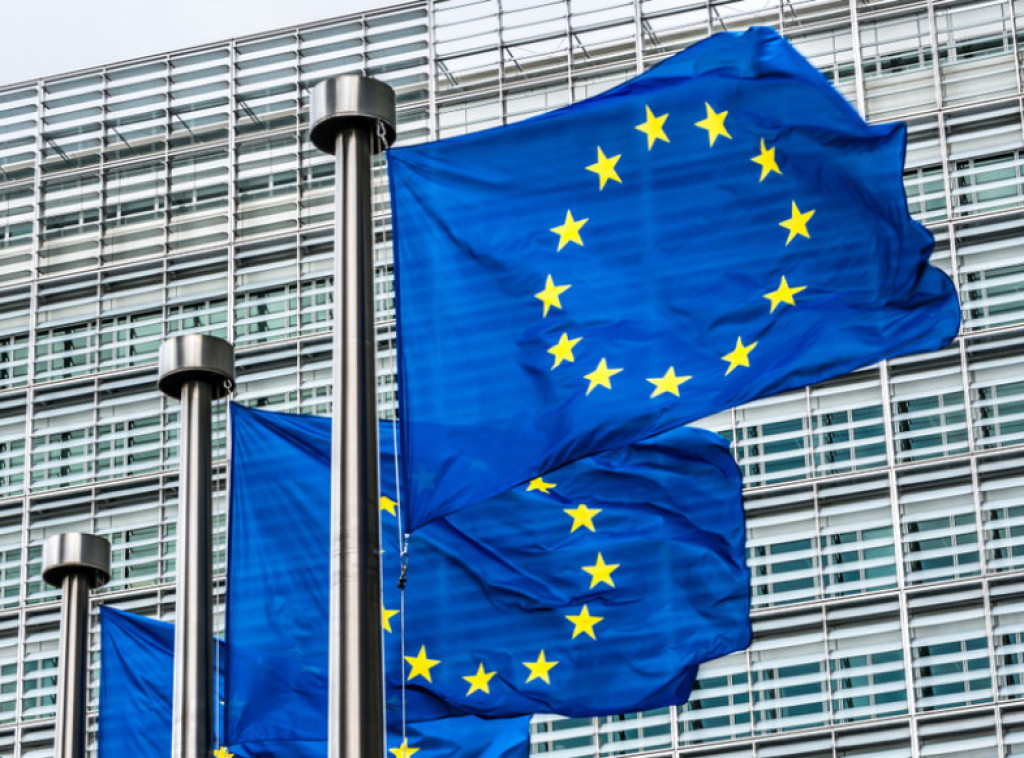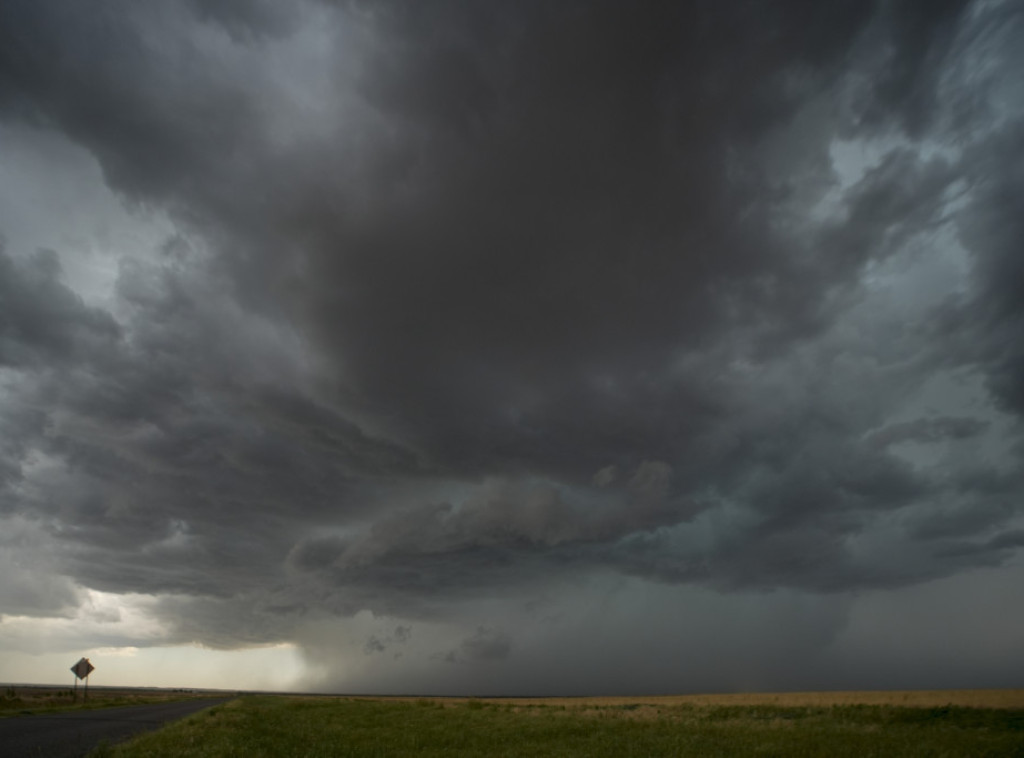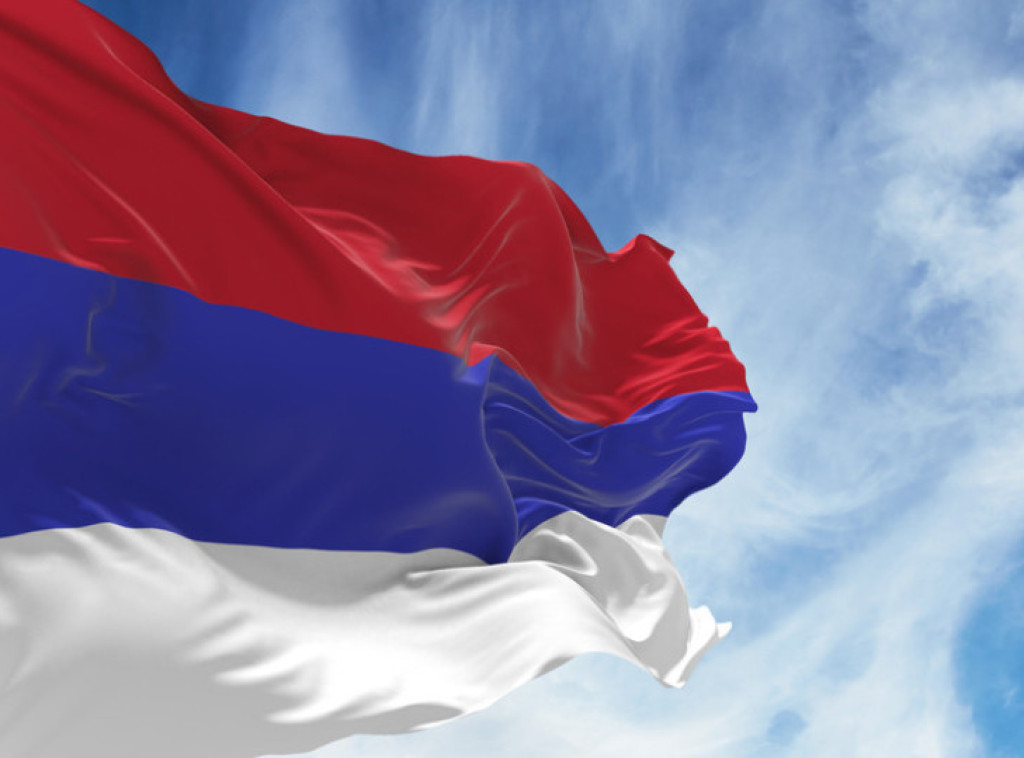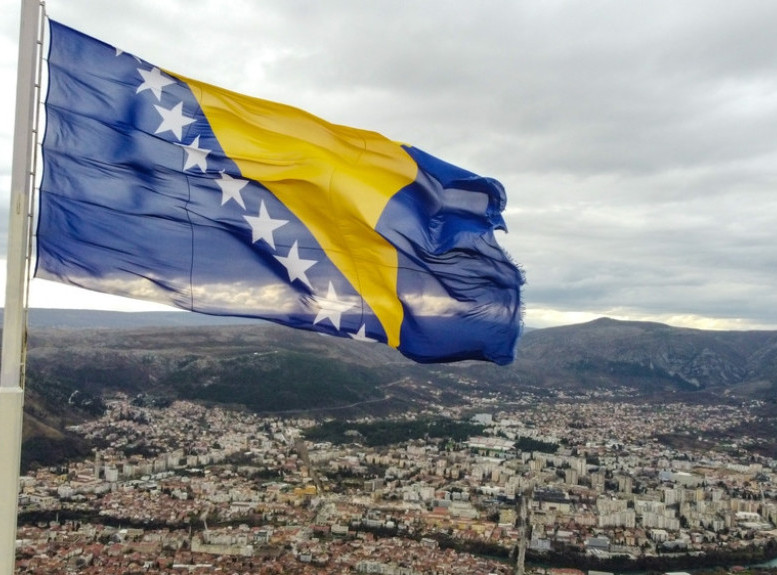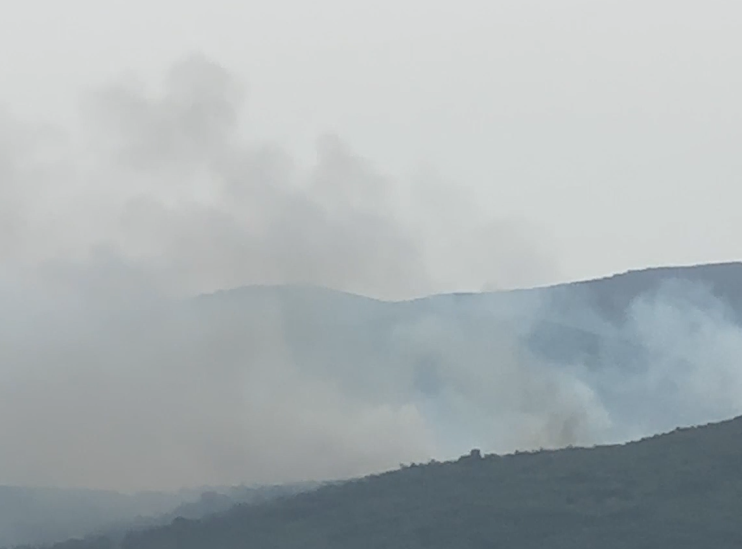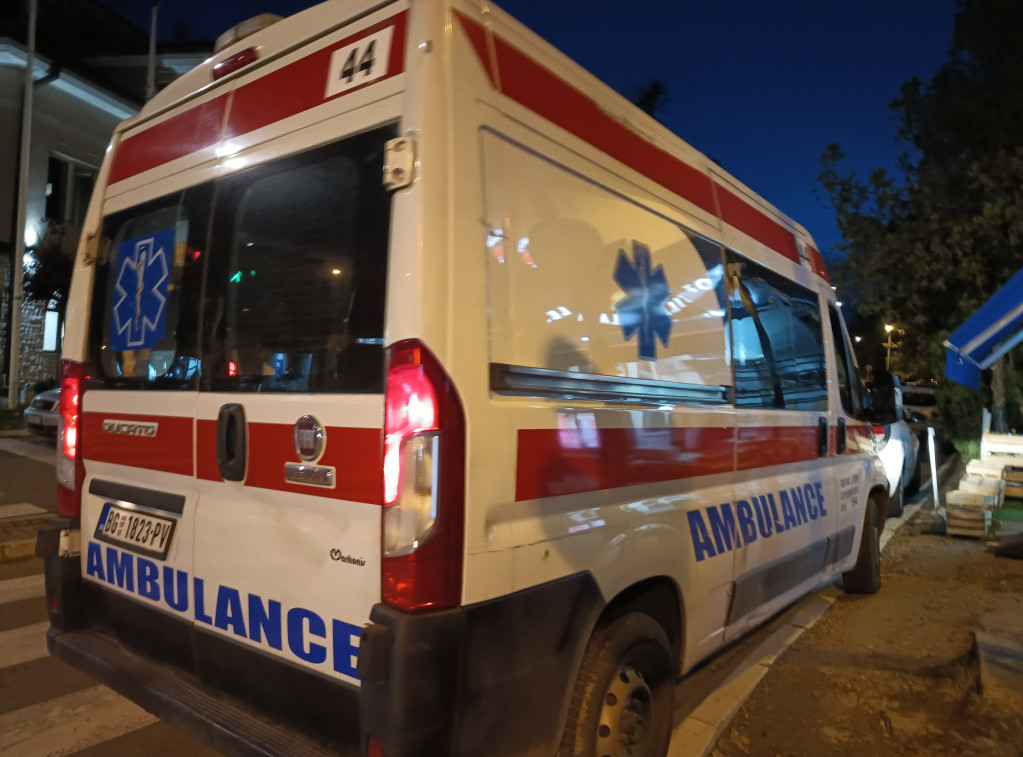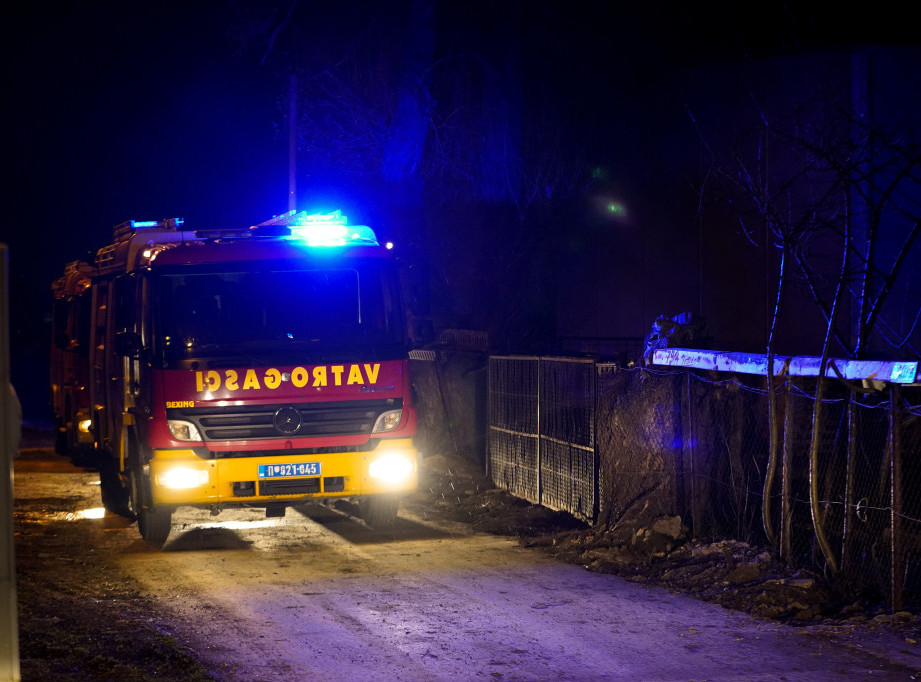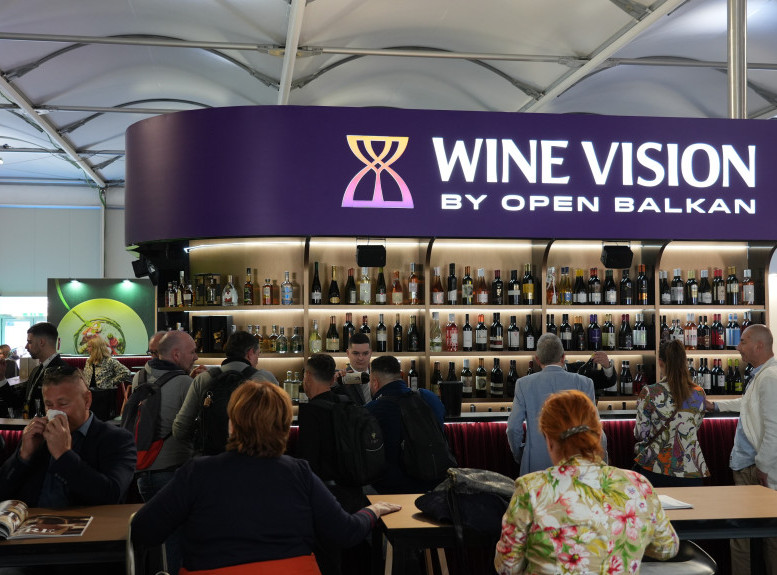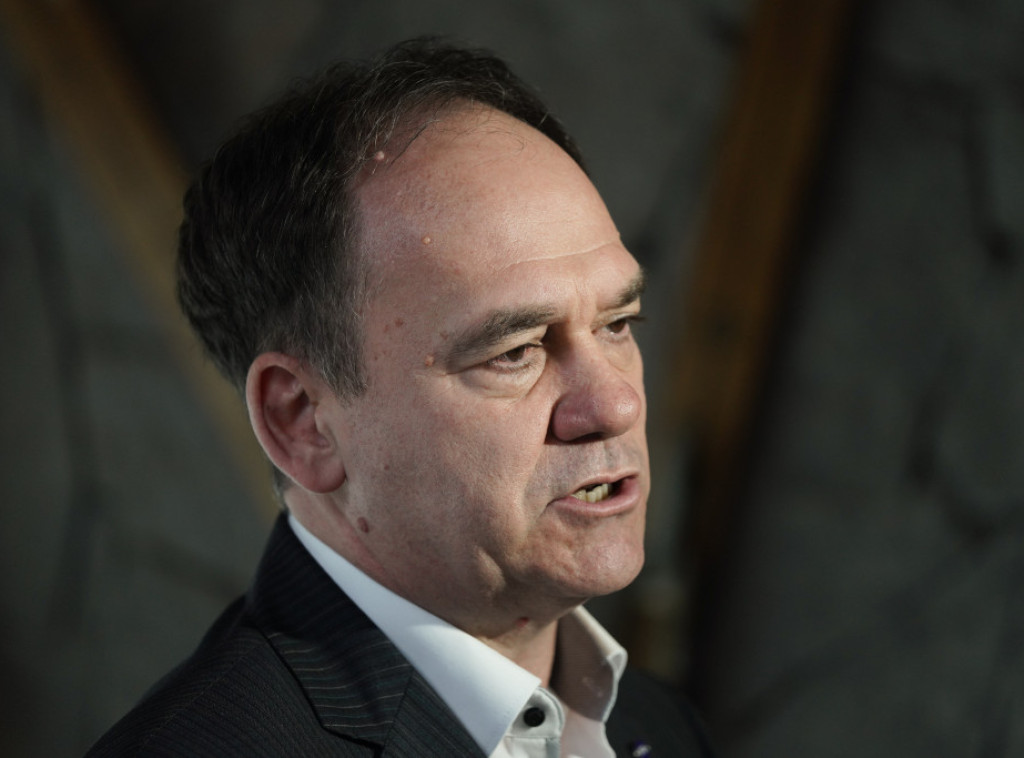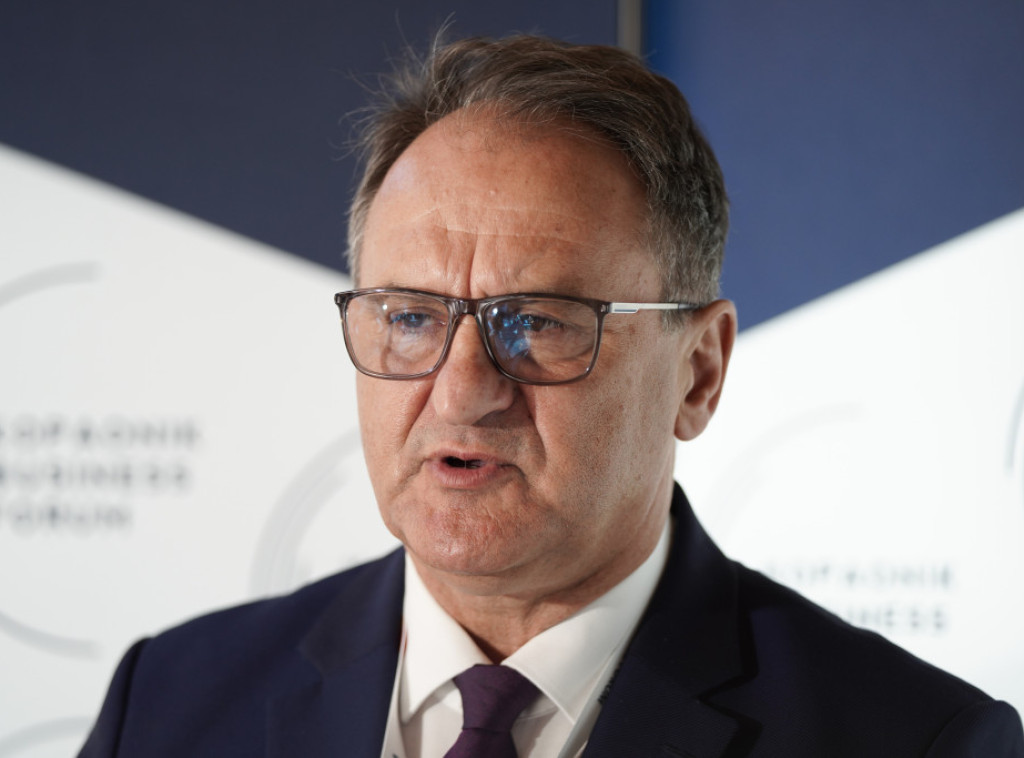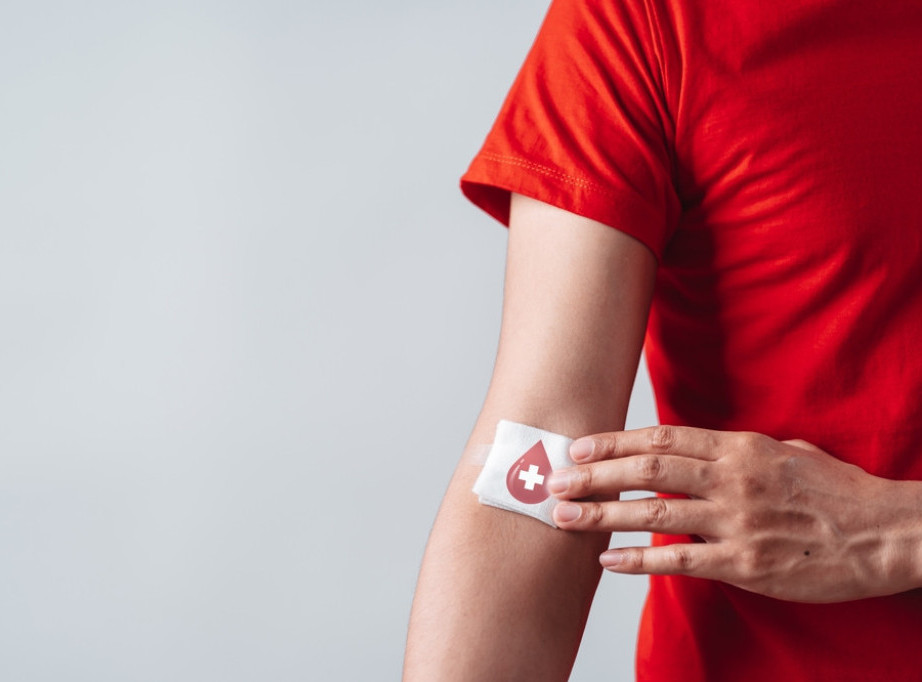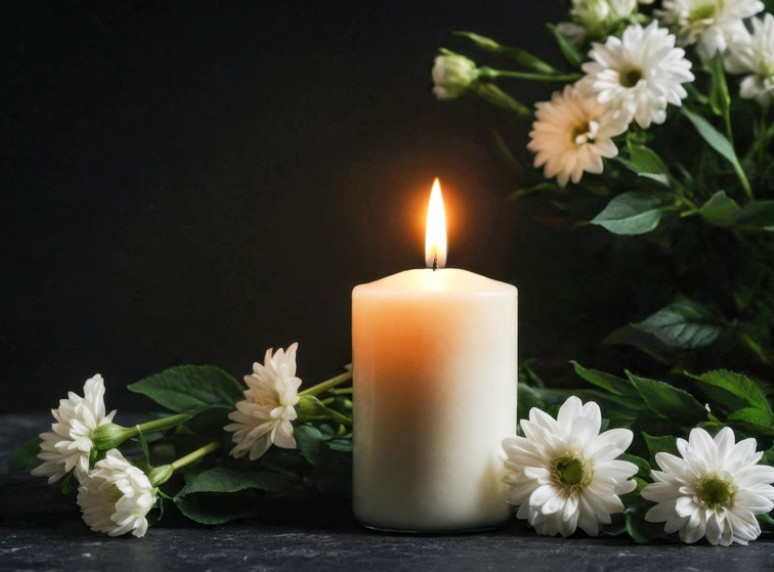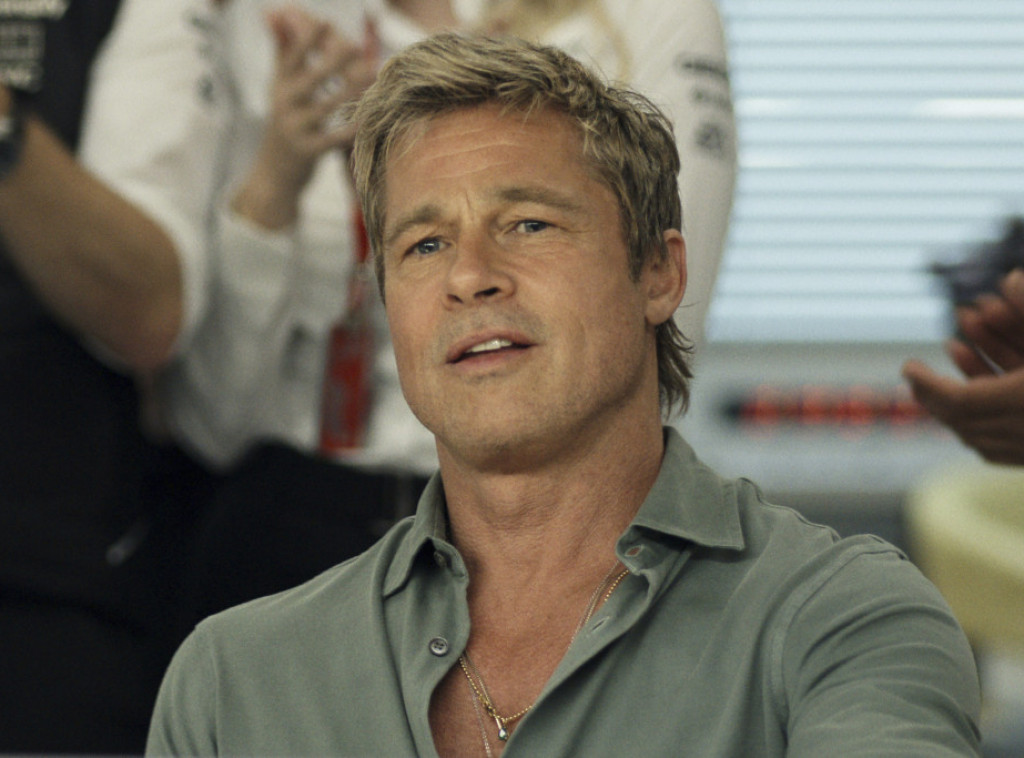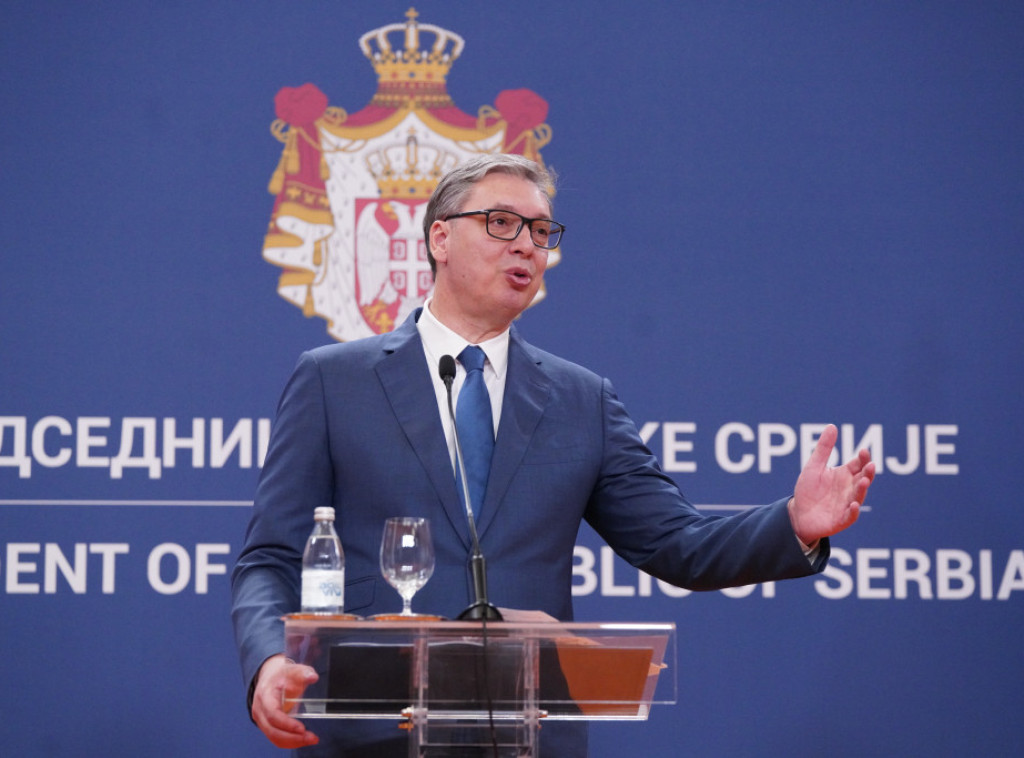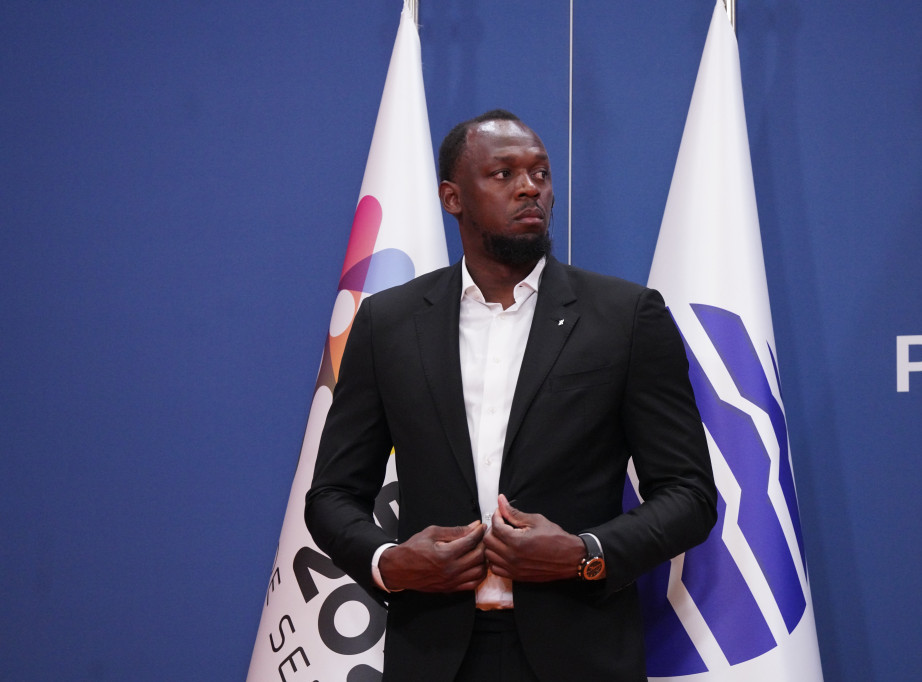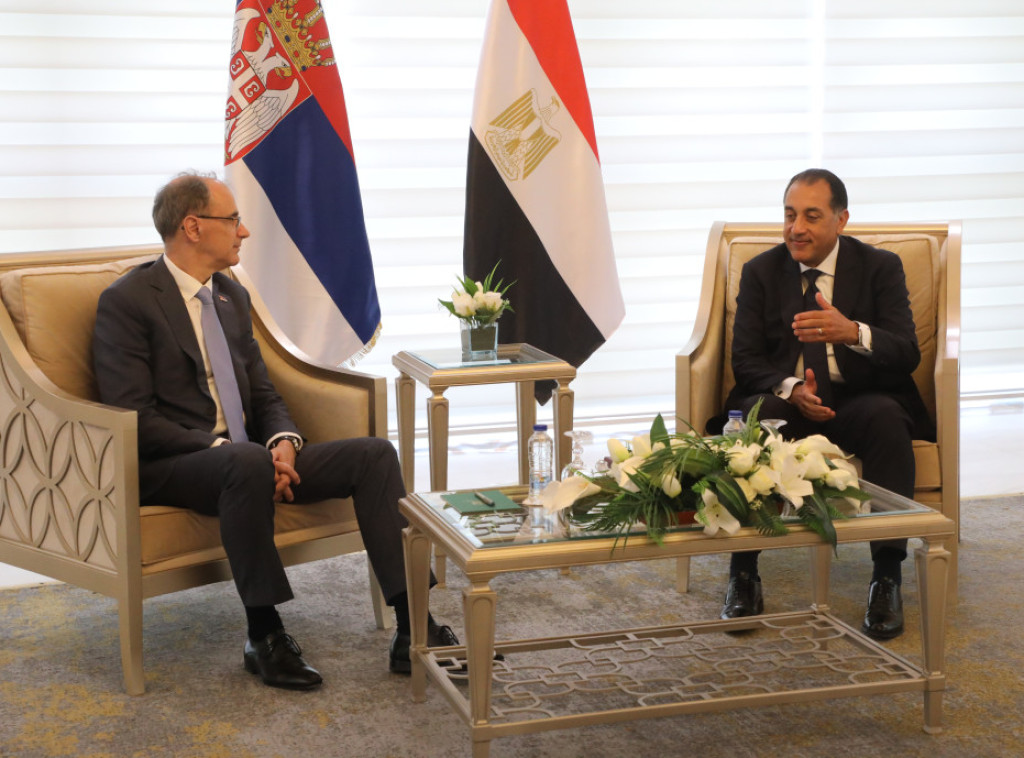The Ambassador of Bosnia and Herzegovina to Tehran, Nijaz Čardaklija, stated that the situation in Iran during the conflict is relatively calm, although the country is at war. Life continues with precautionary measures, schools and basic state functions operate, while many offices are closed. Evacuation of BiH citizens is not planned as they feel safe. The ambassador emphasized that major powers should urgently end the conflict to avoid catastrophe and that the expansion of the conflict could have unpredictable consequences. He also noted that patriotism among Iranians has strengthened and that the people support their country. Similar reports from other sources indicate tensions and conflicts in the region, including Israeli attacks on Iranian targets and reactions of Tehran’s population, where some are trying to leave the city due to the escalation of the conflict.
Political Perspectives:
Left: Left-leaning sources emphasize the humanitarian impact of the conflict in Iran, highlighting the resilience of civilians and the need for diplomatic solutions. They focus on the ambassador’s call for de-escalation and the dangers of expanding the conflict, stressing the importance of peace and the risks of military escalation.
Center: Center-leaning sources report the facts of the situation in Iran, including the ambassador’s statements about life continuing despite the war, the safety of BiH citizens, and the ongoing military tensions. They provide balanced coverage of the conflict’s impact on civilians and the geopolitical implications without strong bias.
Right: Right-leaning sources tend to highlight the military aspects of the conflict, including Israeli strikes on Iranian targets and Iran’s military responses. They may emphasize the threat posed by Iran and the necessity of strong defense measures, while also reporting on the ambassador’s remarks about patriotism and national unity in Iran.






